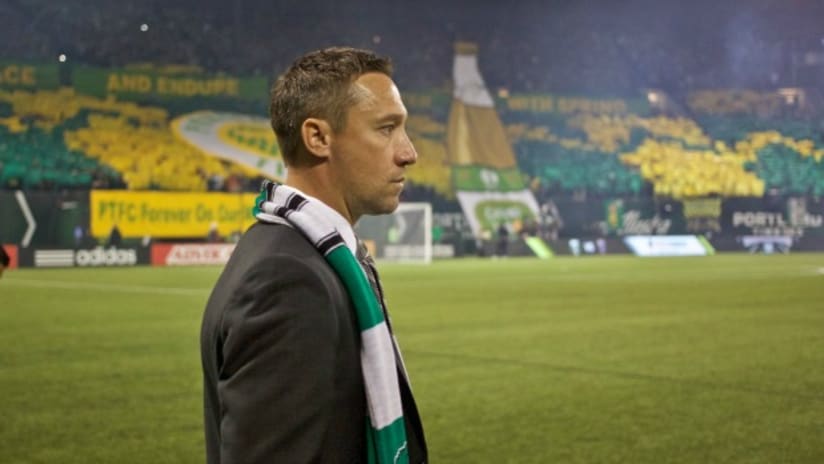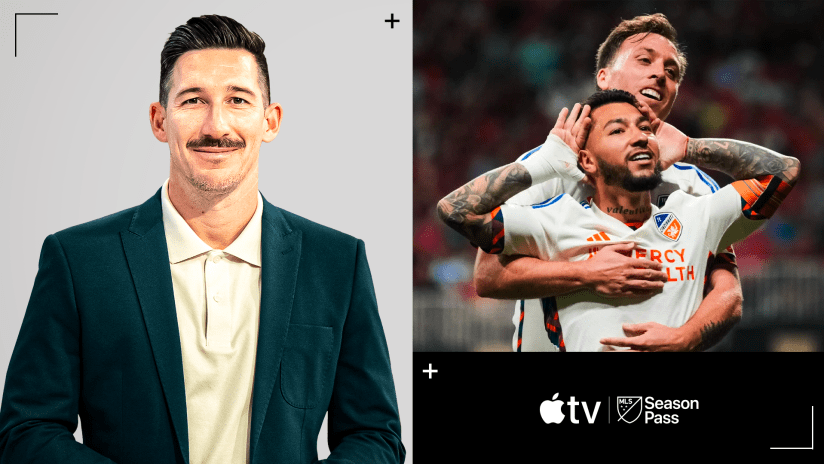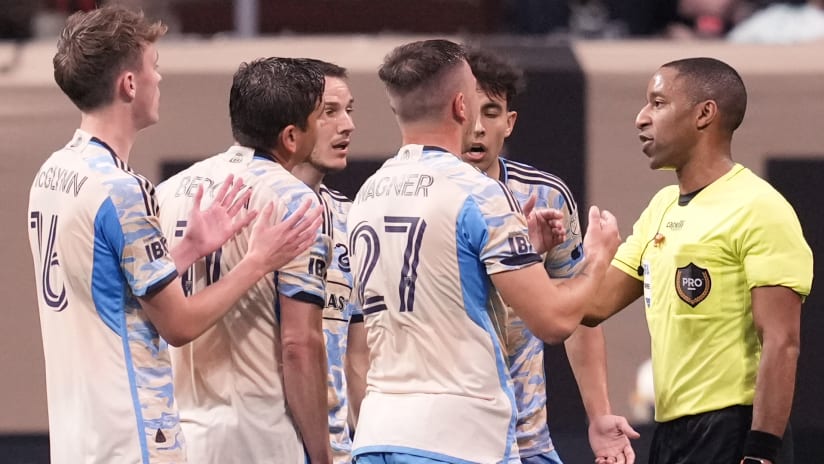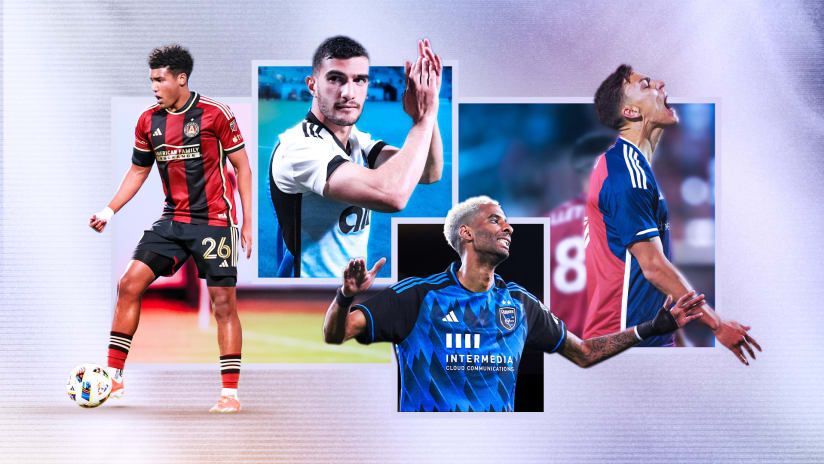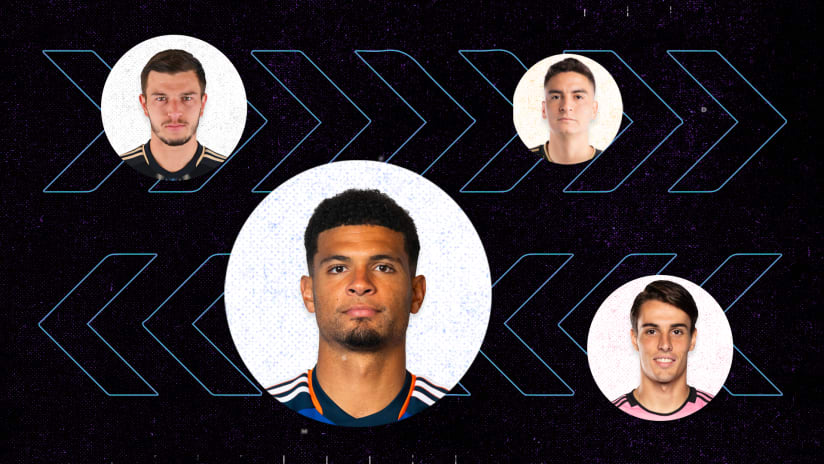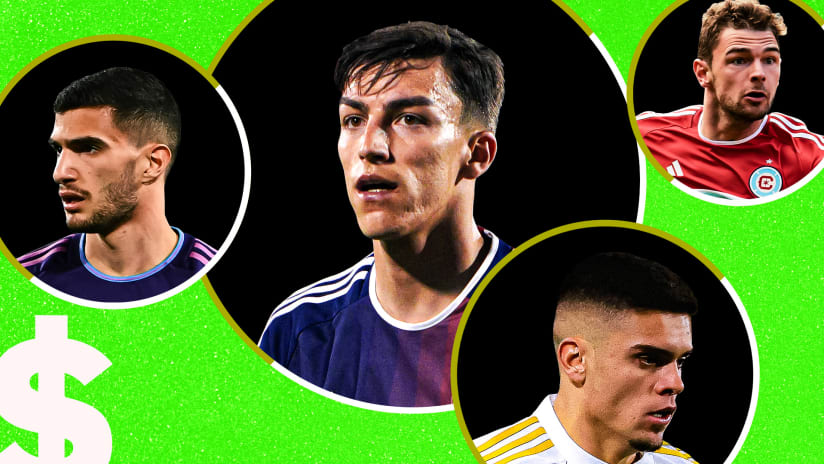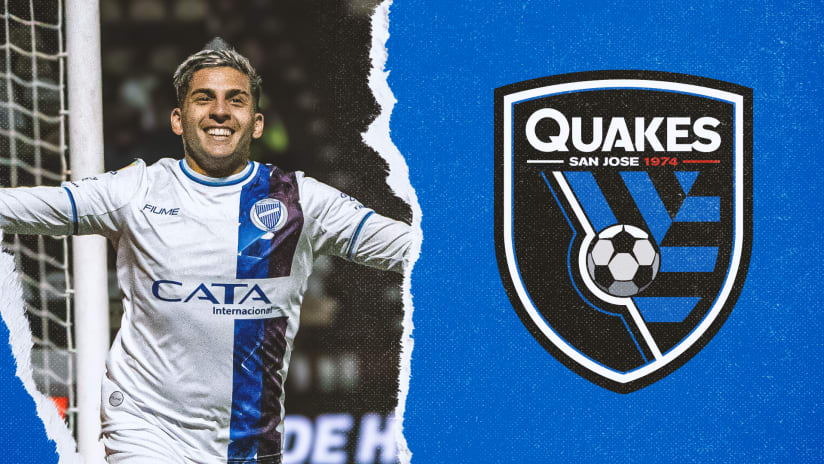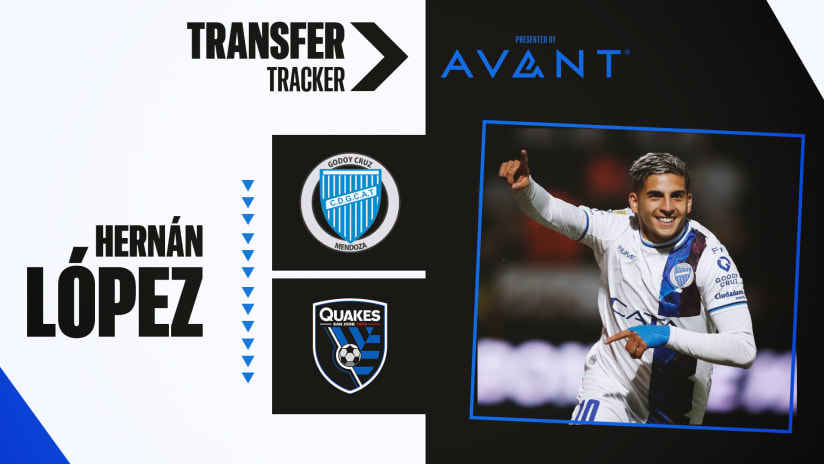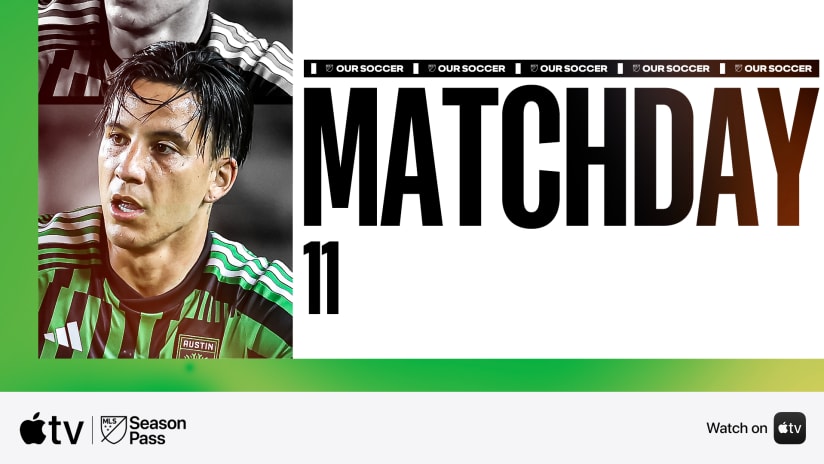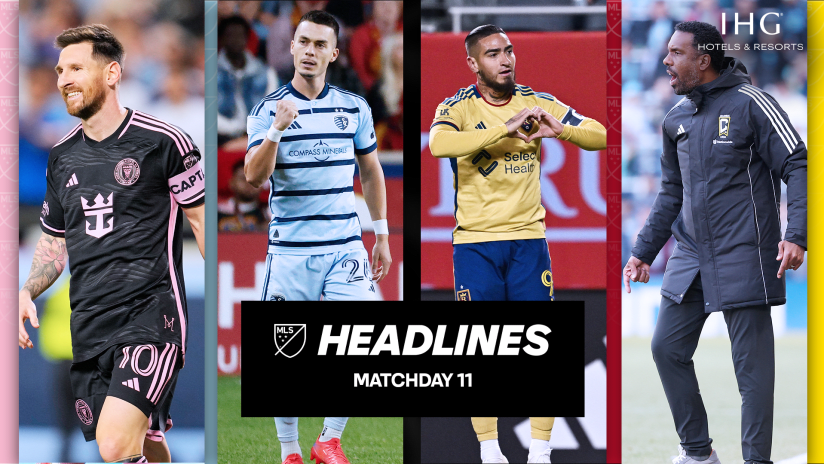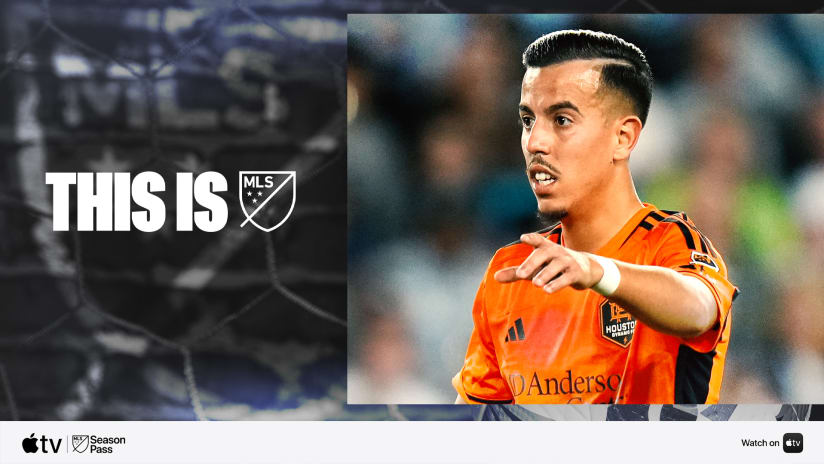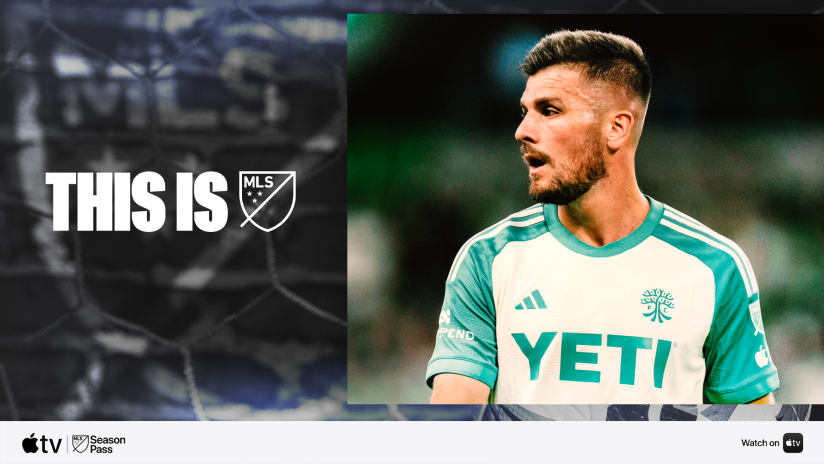PORTLAND, Ore. – It’s likely that 2013 Caleb Porter wouldn’t have anything to do with Caleb Porter, version 2015.
Yes, the Timbers have been that direct through two games this season, employing a vertical version of offense nearly unrecognizable from the high-pressure, possession-orientated attack from the head coach’s rookie season in the Rose City, which spawned the term Porterball.
Much has been made of the change in their scoreless opening-week draw against Real Salt Lake and 2-2 draw with the LA Galaxy last weekend, leading many to wonder if Porter has changed his philosophy all together.
But considering the losses of midfield maestro Diego Valeri (ACL) and captain midfielder Will Johnson (broken leg) to start the season, should the shift really be much of a surprise?
“I think it’s a little bit of the opponent, what we felt would work, it’s adapting to the personnel we have, playing to the strengths we have available right now,” Porter said after a training session this week leading up to their first road match of the season Saturday against Sporting Kansas City (8:30 pm ET; MLS LIVE). “I wouldn’t say it’s a change in philosophy encompassing every way I look at the game. Philosophy for me is only a philosophy based on a situation. So it’s maybe a change in philosophy based on the situation we’re in.”
As in, without Valeri, who could have expected Portland to look exactly the same from Porter’s first two seasons?
With the talented and athletic Darlington Nagbe playing Valeri’s role at the point of the attack, flanked by Rodney Wallace on the left, Dairon Asprilla to the right and Fanendo Adi up top, the Timbers are built to run, with a front four with the speed and strength few MLS teams can match.
And it showed, with the first goal in their 2-2 draw Sunday against the LA Galaxy coming via a devastatingly quick counter attack through Diego Chara, up the left wing to Nagbe, a flick to Wallace and through ball to Adi for the goal. The second goal came on a long ball played from center back Liam Ridgewell to Nagbe, who crossed to Adi for the finish.
- Get more PTFC news at Timbers.com
“It happened quick,” holding midfielder Jack Jewsbury said of the first goal. “I think that’s something we’ve been working on in terms of counter attack. We know we’re a team that can keep the ball, possess the ball and create chances that way. But continue to be dangerous on the counter as well is something we’ve been working on. That goal came directly from that and it was a great action that was quick and got us into the attacking third and great combination between Rodney Wallace and Adi.”
Whether it’s a style Porter continues to employ upon the return of Valeri and Johnson is yet to be seen. The introspective coach’s point, he stresses, is the fact that Portland can play that way adds another dimension to their game planning.
“That is an area of our team that we’ve worked on and stressed,” Porter said. “Good teams, they use transition. They use transition to expose teams. A lot of times goals come that way. Very few goals are scored on long passing sequences. We’re working on that and I thought that was a really good example of an area of our game that has improved and will continue to be a threat against other teams this way."
Dan Itel covers the Timbers for MLSsoccer.com.

